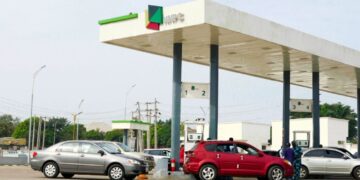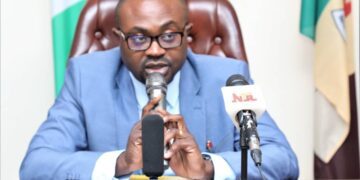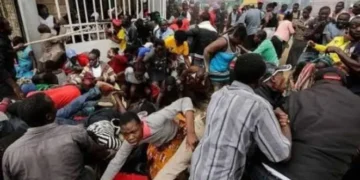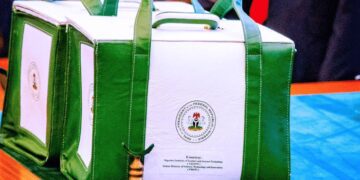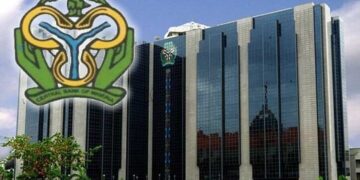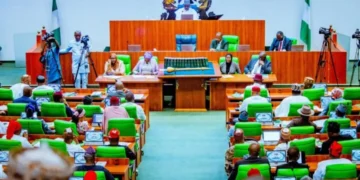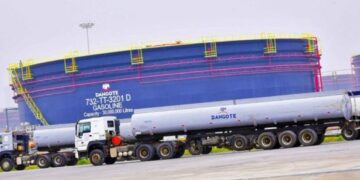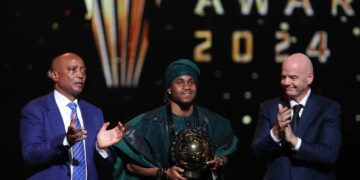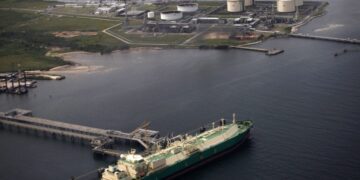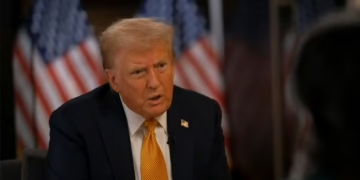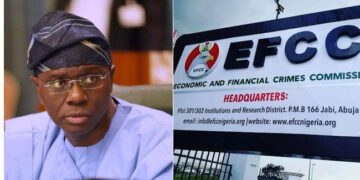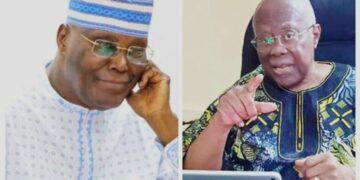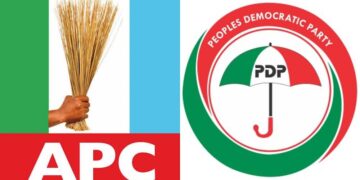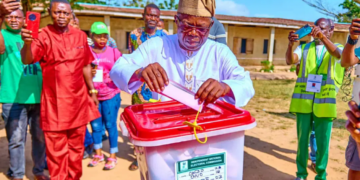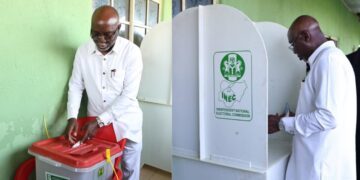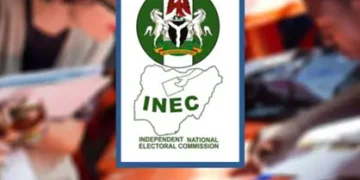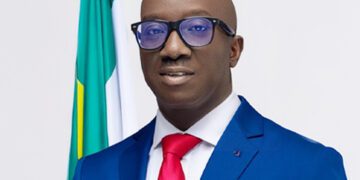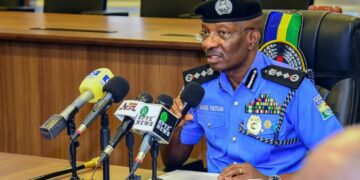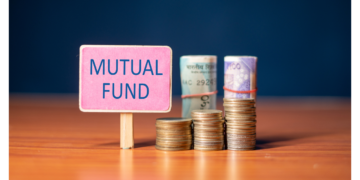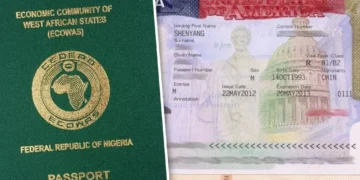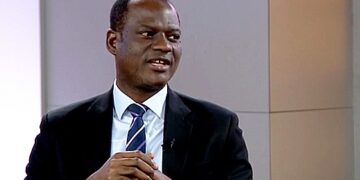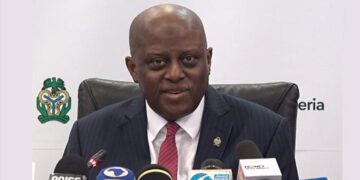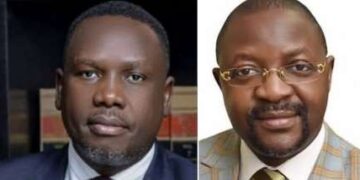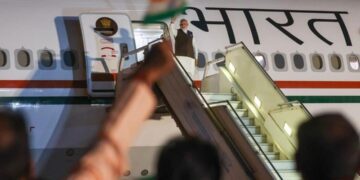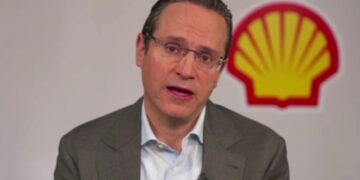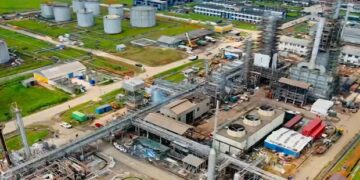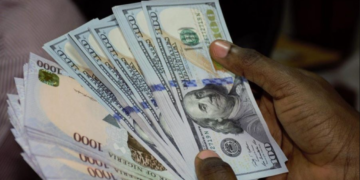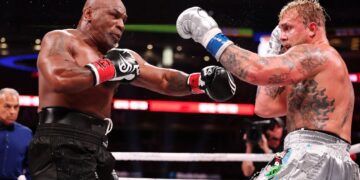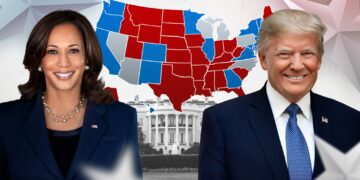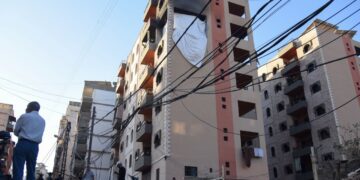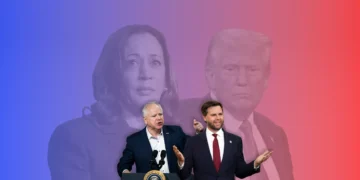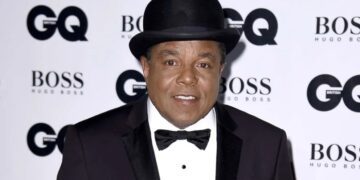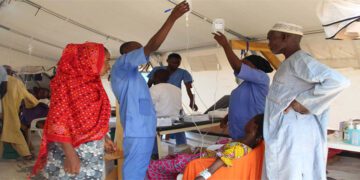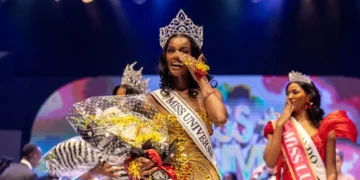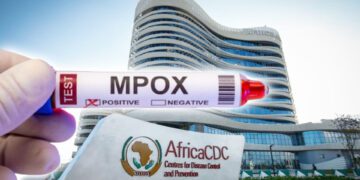The Minister of Power, Adebayo Adelabu, said the Federal Government is still paying subsidies on electricity despite the recent hike in tariff paid by Band A customers. Adelabu stated this in an interview on Channels Television’s Politics Today on Thursday, 11 April. The minister said the government has about N1.8trn to pay in electricity subsidy for 2024. Adelabu said the Electricity Act, of 2023 made provisions for the review of tariffs twice a year.
He said, “Review of tariff is legal once it is within the exclusive responsibility of the Nigerian Electricity Regulatory Commission (NERC). The Act provides for review twice a year, every six months. If we have been paying the tariff at the same level in the last two years, it logically means that someone has been paying the burden of all these increases. As it is today, looking at a total production, transmission and distribution cost, the Nigerian Government is bearing 67 per cent of that cost before the increase in tariff for Band A customers. But when you look at generation cost, the Nigerian Government is paying 90 per cent but in terms of total subsidy, it is about 67% of subsidy on the tariff.
According to the minister in 2024, it was about N720bn which was not fully funded, we have about N305bn carried into this year. Suppose we retain the tariff at the current level. In that case, the Nigerian Government will need about N2.9trn to subsidize electricity but with the increase for Band A customers, we are going to have a reduction of about N1.1trn. So, we are looking at about N1.8trn in subsidy,” he said. Recall that on April 3, 2024, NERC raised the electricity tariff for customers enjoying 20 hours of power supply daily. Customers in this category are said to be under the Band A classification.
The increase will see the customers paying N225 kilowatt per hour from the current N66. A development that has been heavily criticized by many Nigerians, considering the speed of the tariff hike and the current hardship in the land. But, Adelabu said, “The fact that the tariff for Band A, which is 15% of the total consumers will increase by over 200%, does not necessarily translate into a 200% increase in their electricity bill if power is properly managed in terms of consumption.” He assured Band A customers of value for their money. He also assured Nigerians that consumers of other bands won’t be shortchanged by distribution companies as the regulators won’t hesitate to wield their big stick on any of such discos. Adelabu said the government has shifted its attention to discos inefficiently run and won’t hold back in taking the appropriate steps in the interest of consumers. He said by cutting down the inefficiencies of some operators in the sector, coupled with the gains by the naira against the dollar in the last few weeks, the tariff paid by Nigerians should moderate positively. As President Bola Tinubu’s administration continues to work towards decentralizing power generation across states of the federation and strengthening transmission and distribution of the energy to power Nigeria’s industrial transformation.
The minister maintained “The tariff is flexible, and I can tell you that even if the naira gains more and the exchange rate comes down below N1,000, it must positively affect the tariff and the tariff even for the Band A will come to down below the N225 kilowatt per hour that we are currently charging,”. Saying the government has been working on ramping up power generation from about 4,000 megawatts to 6,000 megawatts in the next six months. He said 25 per cent of Nigeria’s power generation is from hydroelectric power while the remaining 75 per cent is from gas plants. Adelabu posited that “the gas that is supposed to be the raw material has not been coming in adequate proportion” but the government has been working with electricity generation companies to ramp up power generated for the benefit of Nigerians.
















